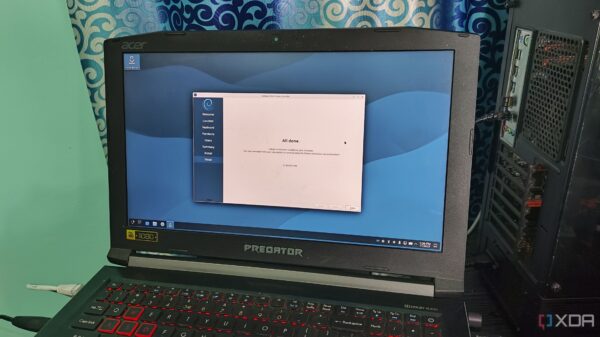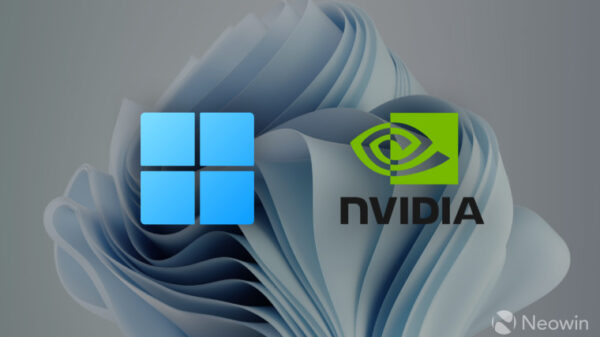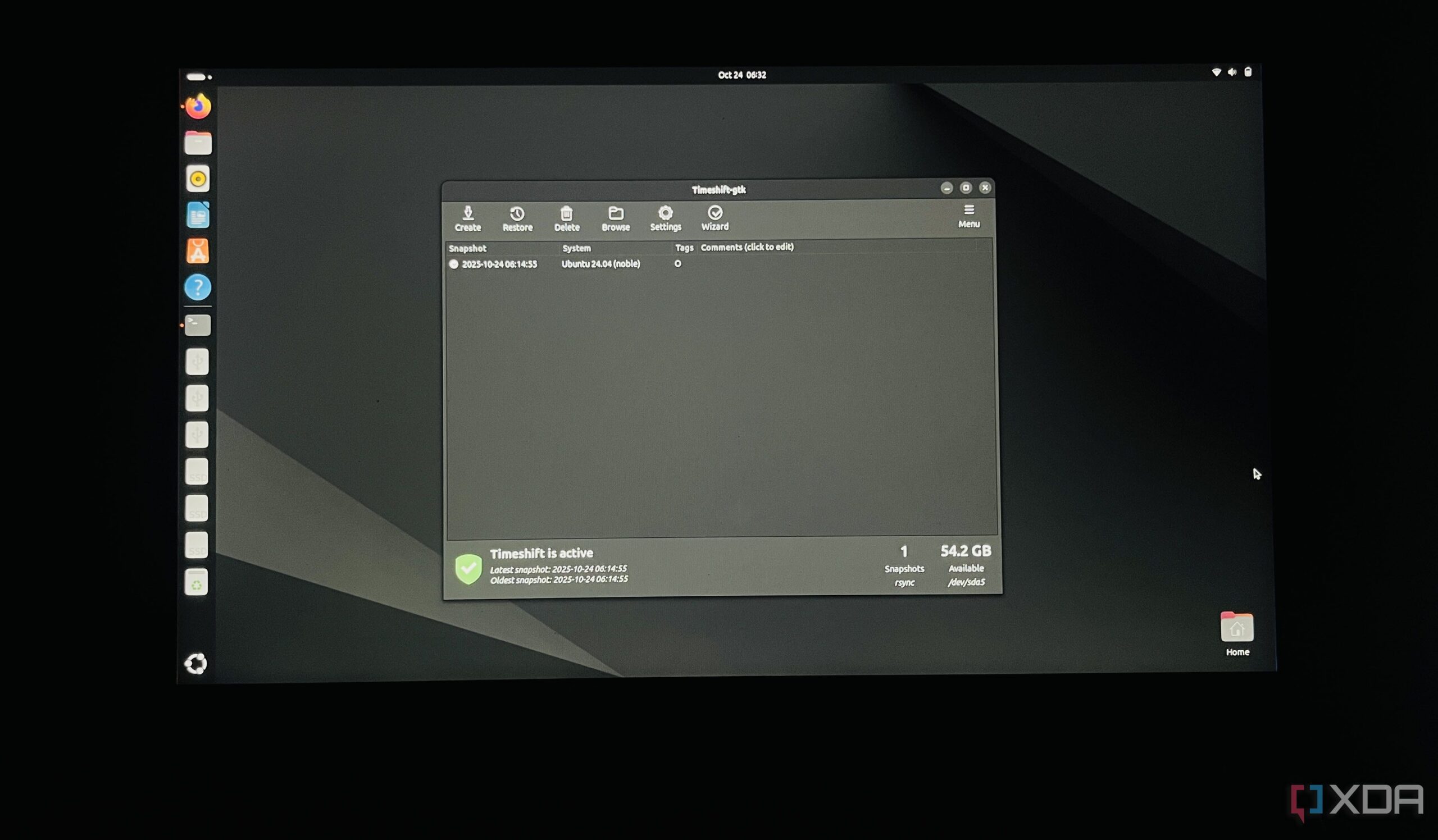BREAKING: A new tool called Timeshift is revolutionizing system backups for Linux users, offering a Time Machine-like restore feature that is now available for immediate installation. This free, open-source software allows users to create critical system snapshots, ensuring that you can recover your Linux machine quickly if something goes wrong during updates or experiments.
Just announced for all major Linux distributions—including Ubuntu, Linux Mint, Debian, and Arch—Timeshift provides essential protection for users who frequently modify system settings or test new software. This tool is particularly beneficial for both newcomers and experienced users, alleviating the fear of irreversible changes.
Timeshift captures incremental snapshots of key system files without affecting personal data, making recovery faster and more efficient. Unlike traditional backup systems, it focuses solely on system-level files, thus enabling users to roll back to a more stable state effectively.
Installation couldn’t be simpler. Users only need to enter a command in the terminal. However, it’s crucial to ensure your system meets specific prerequisites, including meson, gettext, and libvte-2.91-dev. Once set up, the tool automatically schedules backups based on user preferences—whether hourly, daily, or weekly.
“Timeshift provides peace of mind for Linux users, allowing them to experiment confidently without the fear of breaking their system,” said a spokesperson from the Timeshift development team.
The setup process is straightforward. After installing Timeshift, users can choose between two snapshot methods: RSYNC or BTRFS, depending on their file system configuration. The default RSYNC method captures individual files, while BTRFS takes advantage of filesystem-level snapshots.
Once users create their first snapshot, they can easily restore their system to a previous state if issues arise. This feature is particularly valuable for those who frequently test unstable packages or configurations.
However, users should be aware of some limitations. Timeshift does not back up personal files by default, meaning documents and media will not be restored in case of a system wipe. For comprehensive protection, users are advised to employ a traditional backup tool alongside Timeshift.
Furthermore, the snapshots can consume significant disk space over time. Regular monitoring of restore points is recommended to avoid storage issues. Advanced users might also find BTRFS somewhat restrictive, depending on their needs.
With Timeshift now readily available, users are encouraged to take advantage of this powerful tool. As Linux continues to grow in popularity, having a reliable system restoration method becomes increasingly crucial.
For those eager to explore Linux without the usual risks, Timeshift is highly recommended. Users can install this game-changing tool today and ensure their systems remain stable and recoverable.
Next Steps: For further updates on Timeshift and its impact on Linux users, stay tuned. The tech community is abuzz with excitement over this new development, making it a hot topic worth sharing.




































































